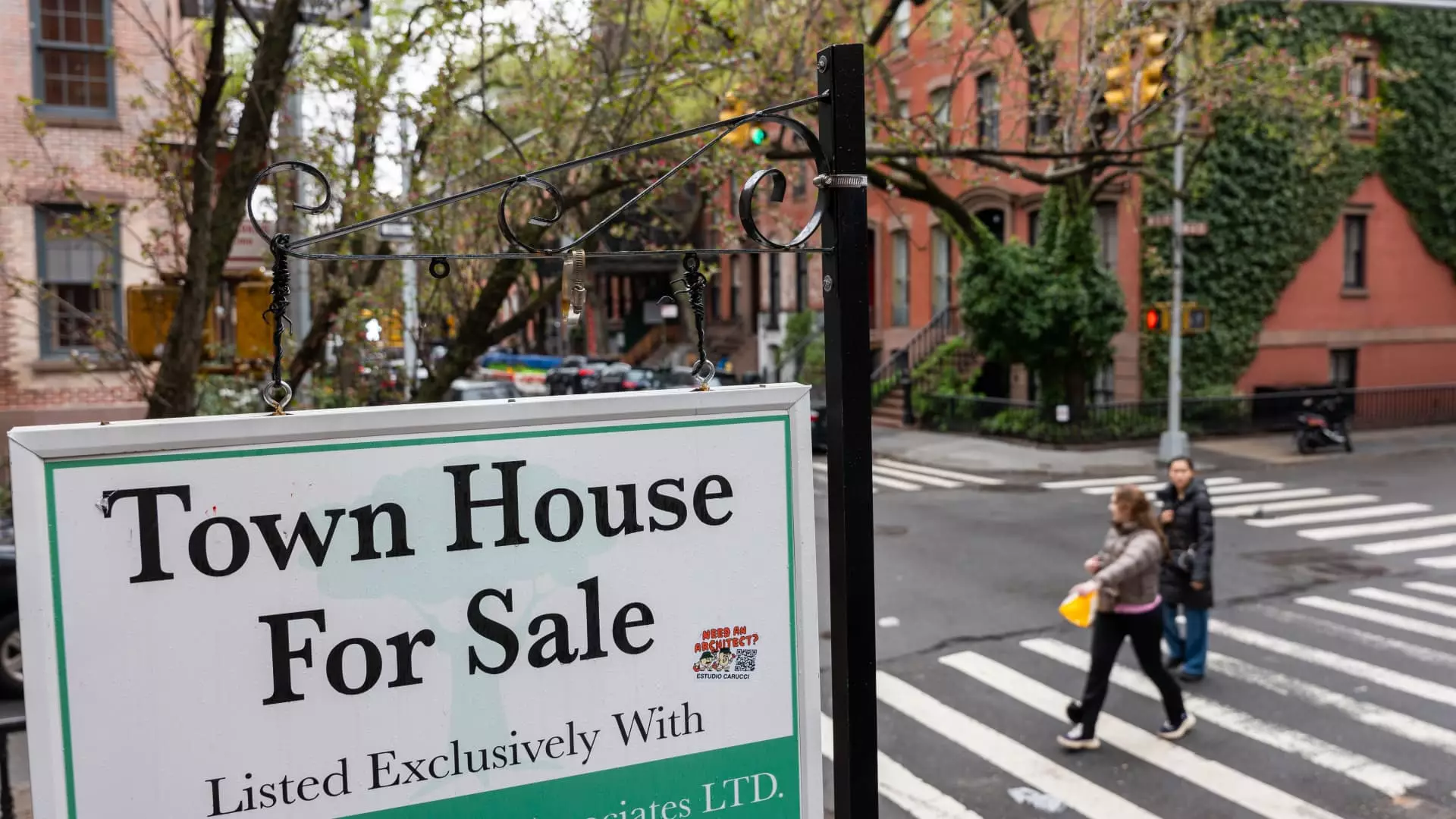The real estate landscape in Manhattan is experiencing a significant shift as prices of apartments fall and inventory levels rise. Reports indicate that the average real estate sales price in Manhattan has dropped by 3% to slightly over $2 million. Additionally, the median price has also seen a 2% decrease to $1.2 million. Luxury apartment prices have fallen for the first time in over a year, reflecting the changing dynamics of the market.
The decline in prices is attributed to the increasing inventory of apartments available for sale in Manhattan. Currently, there are over 8,000 apartments on the market, surpassing the 10-year average of approximately 7,000. This surge in supply has extended the amount of time it takes to sell these apartments, resulting in a 9.8 month supply of apartments for sale in Manhattan. The surplus of inventory has signaled a shift towards a buyer’s market, with experts suggesting that any supply exceeding 6 months indicates an imbalance favoring buyers.
The real estate trends in Manhattan contrast with the national scenario, where tight supply has kept prices high. The post-Covid surge in Manhattan prices is now deemed unsustainable, prompting both buyers and sellers to reassess their positions in response to higher interest rates. The weakening resolve of both parties has led to a convergence between buyer and seller expectations, resulting in an increase in closed deals. The second quarter saw a 12% uptick in sales compared to the previous year, marking the first rebound in two years.
High rents in Manhattan are playing a pivotal role in driving sales in the real estate market. With average apartment rental prices exceeding $5,100 a month, many potential buyers who were previously renting are now considering purchasing properties. The anticipation of declining interest rates towards the end of 2024 or early 2025 is motivating these renters to transition into homeownership. The exorbitant rental rates are serving as a catalyst for buyers to enter the market.
While mortgage rates have a subdued impact on Manhattan real estate due to the prevalence of cash transactions, they still influence buyer behavior. In the second quarter, 62% of deals were completed in cash, highlighting the unique nature of the Manhattan market. Despite falling prices across all segments of the real estate market, the luxury segment has been particularly affected. The uncertainty surrounding the elections has prompted wealthy buyers to delay their purchases, leading to an 11% decrease in median sale prices for luxury apartments.
Manhattan’s real estate market is undergoing a notable transformation characterized by falling prices, increased inventory, and shifting buyer-seller dynamics. The evolving landscape presents both challenges and opportunities for stakeholders in the market, as they navigate the changing conditions to make informed decisions about buying and selling properties in 2024.

